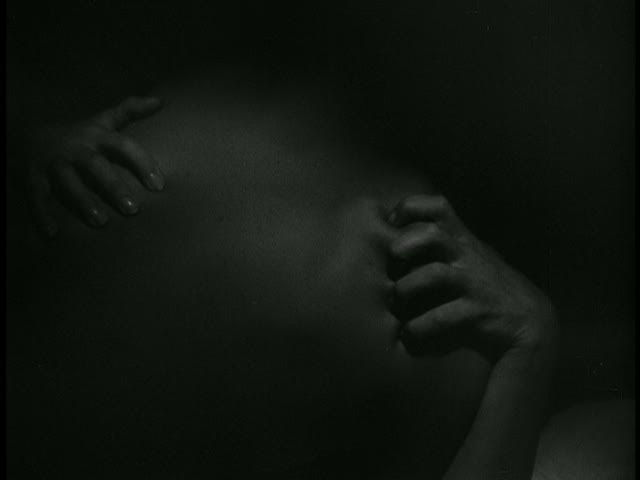
Alain Resnais' debut feature, Hiroshima mon amour (following a long string of short documentaries that included the bracing Holocaust film Night and Fog) was one of the opening salvos of the French New Wave. It remains a potent, intellectually stimulating work, a sustained examination of the bonds connecting nations, and the large gulfs of experience and understanding that separate them. The script, by the novelist and future filmmaker Marguerite Duras, keeps the story at an entirely abstract level. The main characters, a French woman (Emmanuelle Riva) and a Japanese man (Eiji Okada) are unnamed, and their relationship is developed primarily as a symbolic way of working out the tensions inherent in trying to understand a foreign culture, and especially a foreign culture that has experienced something as devastating and historically unprecedented as the explosion of nuclear bombs at Hiroshima and Nagasaki. The French woman has traveled to Japan to act in an anti-nuclear movie about Hiroshima, and while there she engages in an affair with the Japanese man. Throughout the film, they exchange dialogues during which she tells him about a traumatic experience in her past, about her doomed affair with a German soldier in occupied France during the war, and her disintegration and suffering in the war's aftermath.
As the film shifts fluidly between the couple's dialogues and images from the woman's past, Resnais and Duras probe the different wartime experiences of the French and the Japanese, and the barriers to true understanding. In the film's justifiably famous opening, the two lovers speak in voiceover while the images illustrate their conversation about the tragedy of Hiroshima. The woman believes that she understands what happened because she has seen the reconstructed city, has visited the museum where photographs and objects testify to the destruction of Hiroshima, has seen the movies that re-enact the horrors. While the woman enumerates these things, the man keeps reiterating that she does not understand, that she has truly seen nothing. This essayistic opening, in which the two lovers appear only as disconnected body parts, covered in ash as they embrace, connects back to Resnais' short film work. The first 15 minutes of the film are nearly a complete essay-film in themselves, encapsulating Resnais' themes and ideas, which are then expanded upon by the remainder of the film.

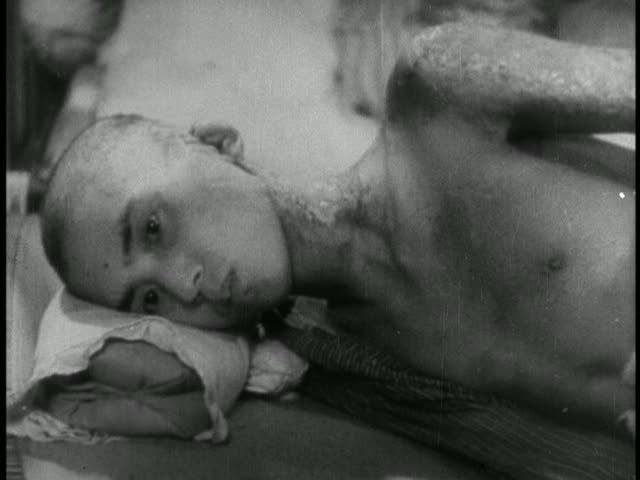



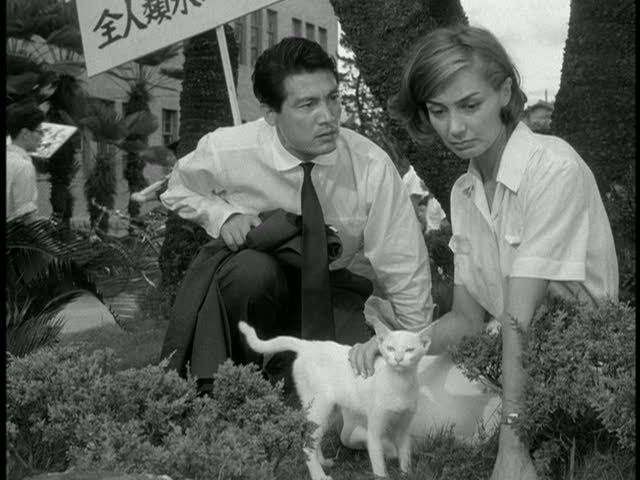
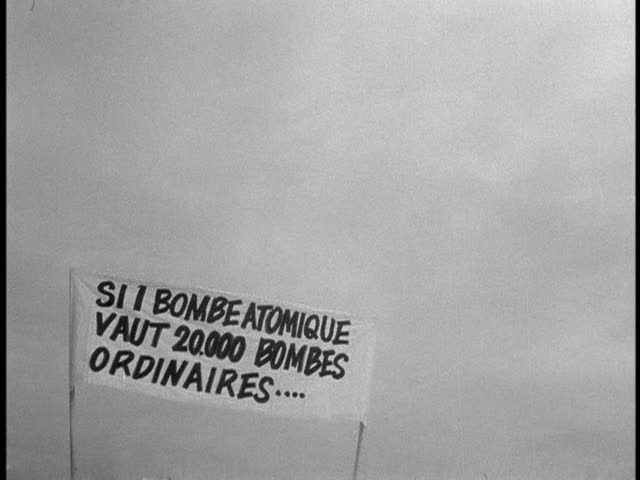
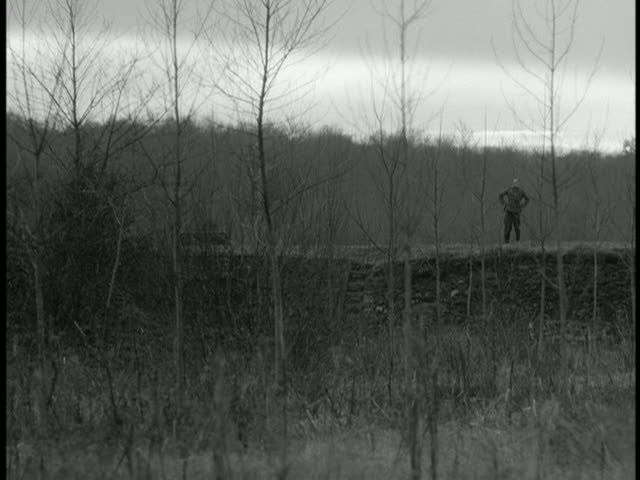
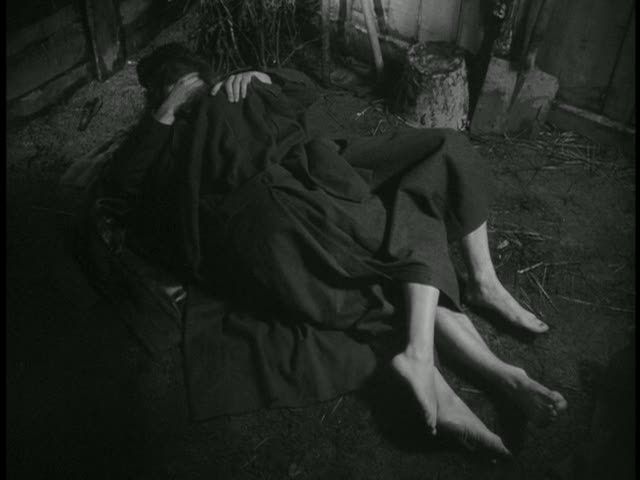


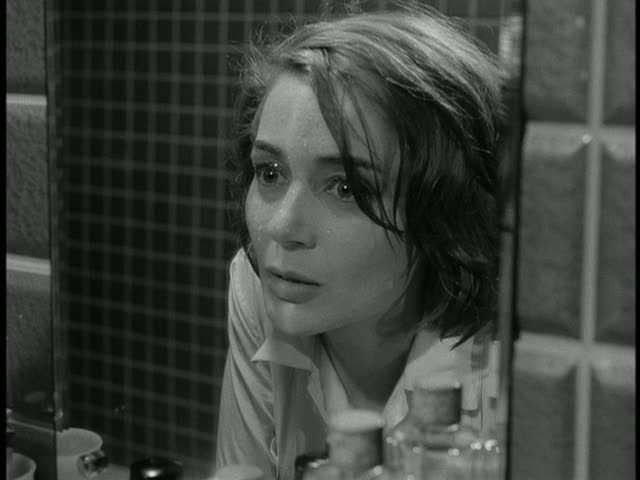
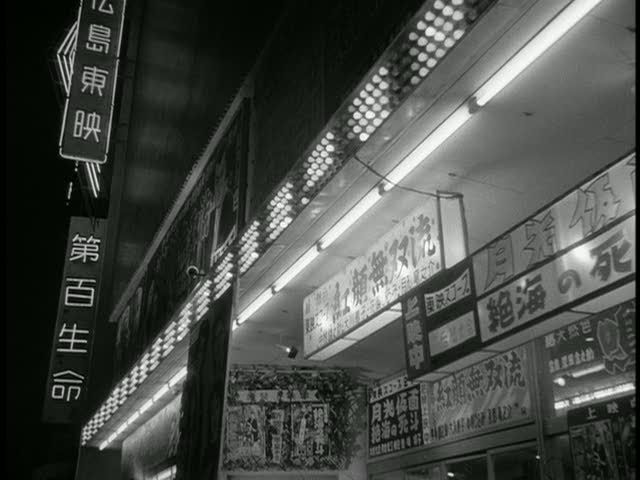
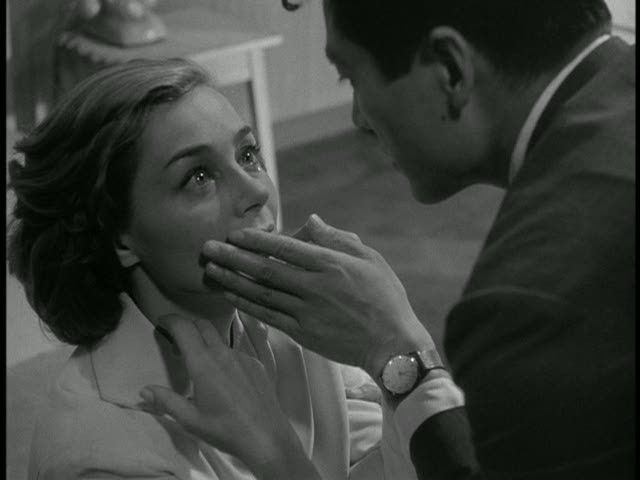








0Awesome Comments!